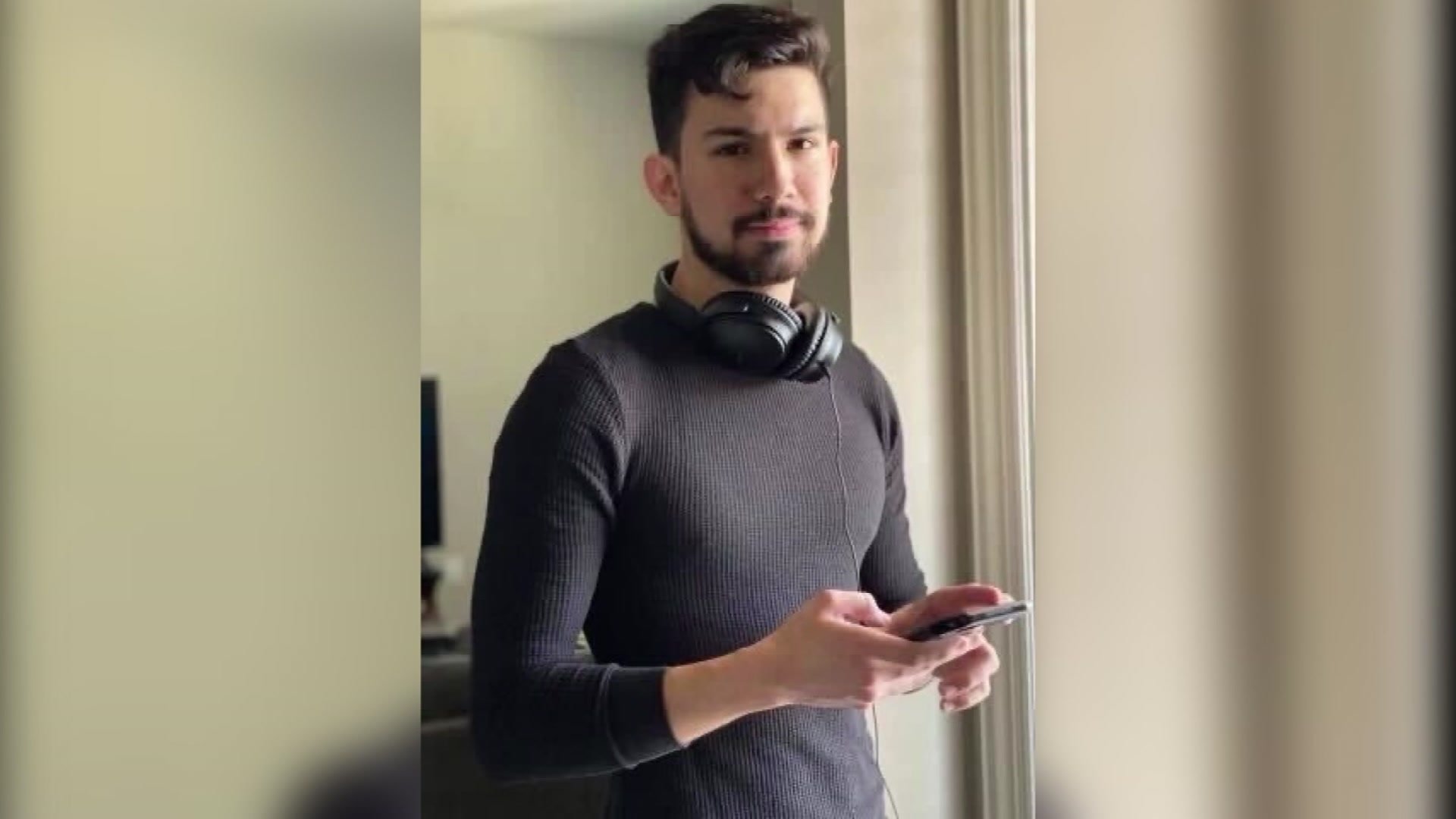Beyond the constant parade of students walking in and out, the seemingly endless rows of computers, and the sound of coffee grinders hard at work are millions of treasures, which most visitors to the University of Texas at Arlington library don't realize are sitting just feet away from them.
Brenda McClurkin is always eager to let people know they're there.
"We're trying to get the word out," said McClurkin, who is the Head of UTA's Special Collections. "We have incredible collections of Texas history, centuries old maps, personal papers, the university archives, and a very large collection of local photographs."
That may be underselling it — the library is home to more than five million photo negatives, some dating back to the 1920's. Most of them were given to the university by the Fort Worth Star-Telegram, depicting all facets of daily life in North Texas over the past century.
"The content is significant and has national significance," said McClurkin. "Just think about the World War II years. Think about the aviation industry with the aircraft being built in Fort Worth and the start of American Airlines in Fort Worth. There's a lot there."
That's why she's spent the past several years fighting to save them.
For decades, the negatives were stored at room temperature in filing cabinets at the library. That caused many of them, particularly the older ones, to start deteriorating.
Local
The latest news from around North Texas.
Eventually, the negatives shrivel and the images they contain are lost forever.
"This is our history," said McClurkin. "And it's so important to save it."
She and the library staff explored several options and ultimately decided a cold storage vault (a large room where they can control the temperature and humidity) was the way to go.
After getting the funding together, a vault was built on the bottom floor of the library. All the negatives were moved into it.
"It’s a 38 degree, 30 percent humidity environment," said McClurkin. "And by having them there, we’re extending their life by over 500 years.”
And for McClurkin, that's pretty cool.



